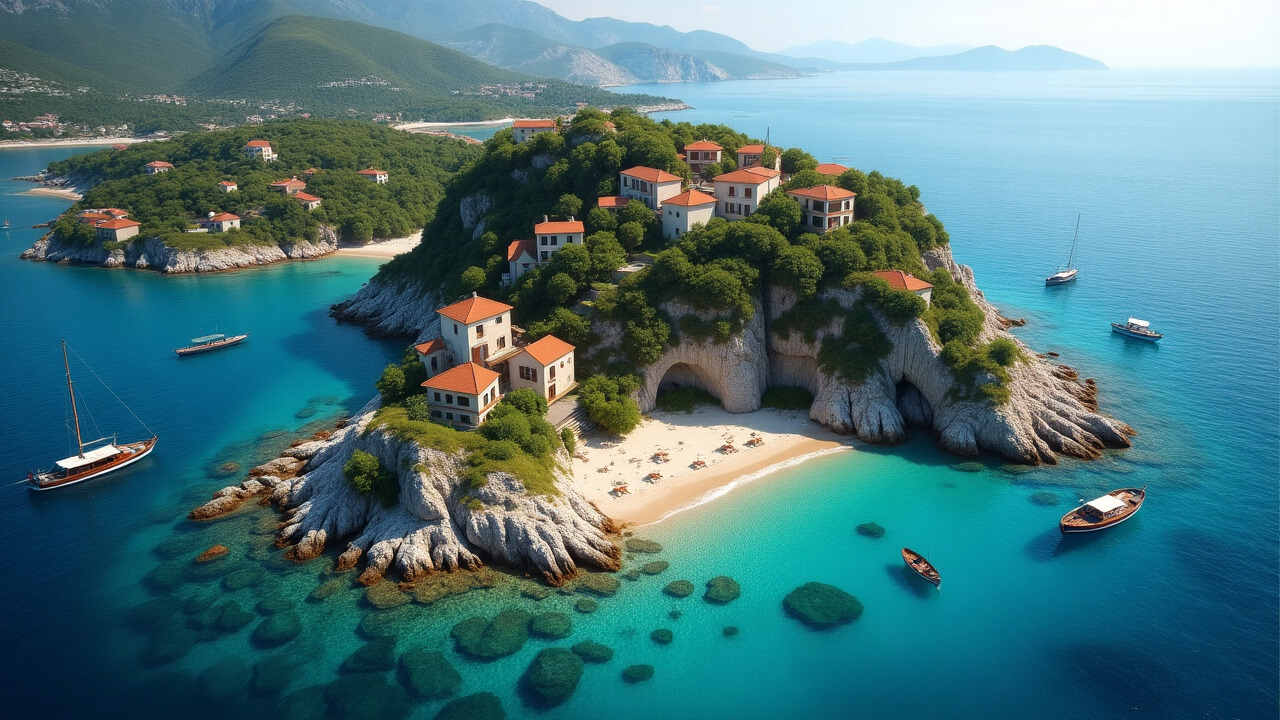Wednesday, March 26, 2025
Croatia enforces strict noise limits and hefty fines in Hvar to curb disruptive tourism, aiming to transform the island into a family-friendly, sustainable destination.
Croatia has become the latest country in Europe to adopt measures aimed at curbing disruptive tourist behavior.
The island of Hvar, famous for its vibrant nightlife, is now taking proactive steps to tackle the antisocial actions that accompany its party reputation.
In an effort to shift away from party-centric tourism, Hvar town has decided to maintain strict noise restrictions throughout the summer. These regulations will significantly affect clubs, discos, and outdoor venues, limiting noise levels to 85 decibels—equivalent to a bustling restaurant.
Additionally, new tourist guidelines are in place regarding clothing and behavior. Visitors are urged to familiarize themselves with these rules to avoid hefty fines.
Hvar is positioning itself as a more family-oriented destination, moving away from its previous image. The town’s local council recently voted to enforce the noise restrictions during the summer months, signaling a major shift in the island’s tourism strategy. The change is set to impact popular outdoor clubs and restaurants that typically host large-scale outdoor events, such as weddings, during peak season.
These changes are part of a broader initiative in Croatia to foster sustainable, high-quality tourism that benefits both visitors and local residents. In several major tourist hubs, such as Split and Dubrovnik, tourists can face fines of up to €700 for inappropriate public behavior. This includes actions like drinking alcohol, using drugs in public, urinating or vomiting in the streets, and walking around shirtless or in swimwear.
Further fines are imposed for more serious public order violations. Those involved in disturbances such as public fights, verbal insults, or excessive drunkenness can be fined up to €4,000.
In an effort to protect the local environment, removing noble pen shells—a critically endangered species crucial to the Mediterranean ecosystem—from Croatia’s beaches now comes with a fine of €67 per shell.
